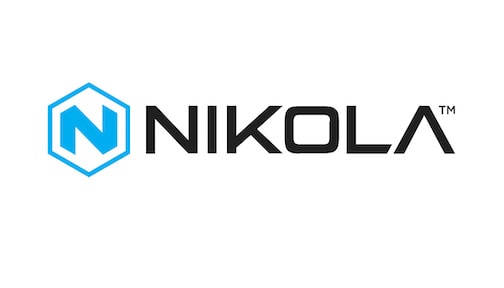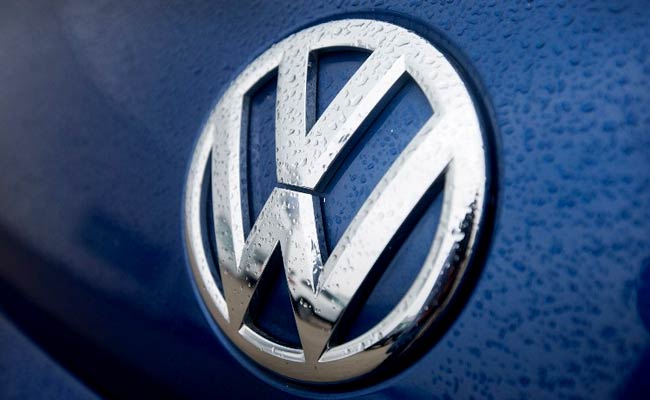Now Reading: Nikola Motor aims to reduce the cost of electric vehicles
-
01
Nikola Motor aims to reduce the cost of electric vehicles
Nikola Motor aims to reduce the cost of electric vehicles

Automakers across the world are spending tens of billions of dollars to electrify their line-ups, but there are still enough difficulties that are limiting mainstream acceptance — such as range and cost.
But Phoenix-based Nikola Motor may have discovered what its CEO describes as the “Holy Grail of batteries,” an alternative to the current lithium-ion technology that could double the distance a battery-electric vehicle can travel between charges while slashing battery expenses by 50%.
“We are not talking about small improvements; we are talking about doubling the range of BEVs and hydrogen-electric vehicles around the world,” stated Trevor Milton, founder, and chief executive of Nikola.
Nikola, a start-up that is dedicated to hydrogen and battery-powered heavy-duty trucks, isn’t providing many details regarding the new technology and, knowing that other promised breakthroughs have failed to prove production-ready, there are numerous skeptics. ABI Research cautions it would likely take several years, at the earliest, to start manufacturing.
What Nikola has revealed is that it prepares to acquire an unnamed battery start-up that made the new technology. It states it will give more information once that deal is finished early in 2020.
The company has given some hints that how the new technology operates, suggesting it depends on modifications to present lithium-ion batteries, rather than entirely replacing them entirely. It appears the key to the new battery is eliminating the binder material and electric current collectors used in today’s lithium-ion cells. That would decrease not only size and weight, Milton claimed, but also make the new batteries “more conductive,” transforming into faster charging times.
Nikola claims that initial testing shows the batteries can withstand 2,000 charge and discharge cycles, or two times the current industry standard for motor vehicles. If that were to prove correct in real-world applications, it would suggest a truck could clock more than 1.5 million miles before requiring to replace the pack.
The technology also could discover other applications, not only in passenger cars but even in consumer devices, including cellphones, Nikola suggested.
Several technologies seem to offer promise, including ‘solid-state’ batteries that take the place of the chemical slurry in lithium-ion batteries with a ceramic material. Toyota is among those automakers sponsoring research into solid-state technology which, proponents claim, could decrease the price of an automotive battery from somewhere between $120 and $145 per kilowatt-hour today to less than $70, and perhaps as less as $50.
Driving down battery costs will be crucial to achieving parity between EVs and gas-powered vehicles — something many auto industry observers State could happen by the middle of the decade. And whoever comes up with a true battery breakthrough would have a major leg up on rivals.
Stay Informed With the Latest & Most Important News
Previous Post
Next Post
-
 01Polestar Boss Says It’s Time To Outrun BMW M And Mercedes-AMG
01Polestar Boss Says It’s Time To Outrun BMW M And Mercedes-AMG -
 02Spy Shots: 2027 Mitsubishi Pajero Spotted in Testing Ahead of Possible U.S. Return
02Spy Shots: 2027 Mitsubishi Pajero Spotted in Testing Ahead of Possible U.S. Return -
 032026 Toyota Hilux EV: A Powerful Truck with Silent Torque
032026 Toyota Hilux EV: A Powerful Truck with Silent Torque -
![2027 Mercedes-Benz S-Class Debuts with V8 Engine [Photo Gallery]](https://speedlux.com/wp-content/uploads/2026/01/2027-Mercedes-Benz-S-Class-33-155x125.jpg) 042027 Mercedes-Benz S-Class Debuts with V8 Engine [Photo Gallery]
042027 Mercedes-Benz S-Class Debuts with V8 Engine [Photo Gallery] -
 052026 Corvette ZR1 Production Surges Past Expectations as Output Clears 1,000 Units
052026 Corvette ZR1 Production Surges Past Expectations as Output Clears 1,000 Units -
 06Spy Photos: VW ID. Polo GTI Goes Electric with 223 HP and 280 Miles of Range
06Spy Photos: VW ID. Polo GTI Goes Electric with 223 HP and 280 Miles of Range -
 07Hyundai Palisade’s Breakout Year Shows How Quickly the Market Can Turn
07Hyundai Palisade’s Breakout Year Shows How Quickly the Market Can Turn



![2027 Mercedes-Benz S-Class Debuts with V8 Engine [Photo Gallery]](https://speedlux.com/wp-content/uploads/2026/01/2027-Mercedes-Benz-S-Class-33-700x394.jpg)









































